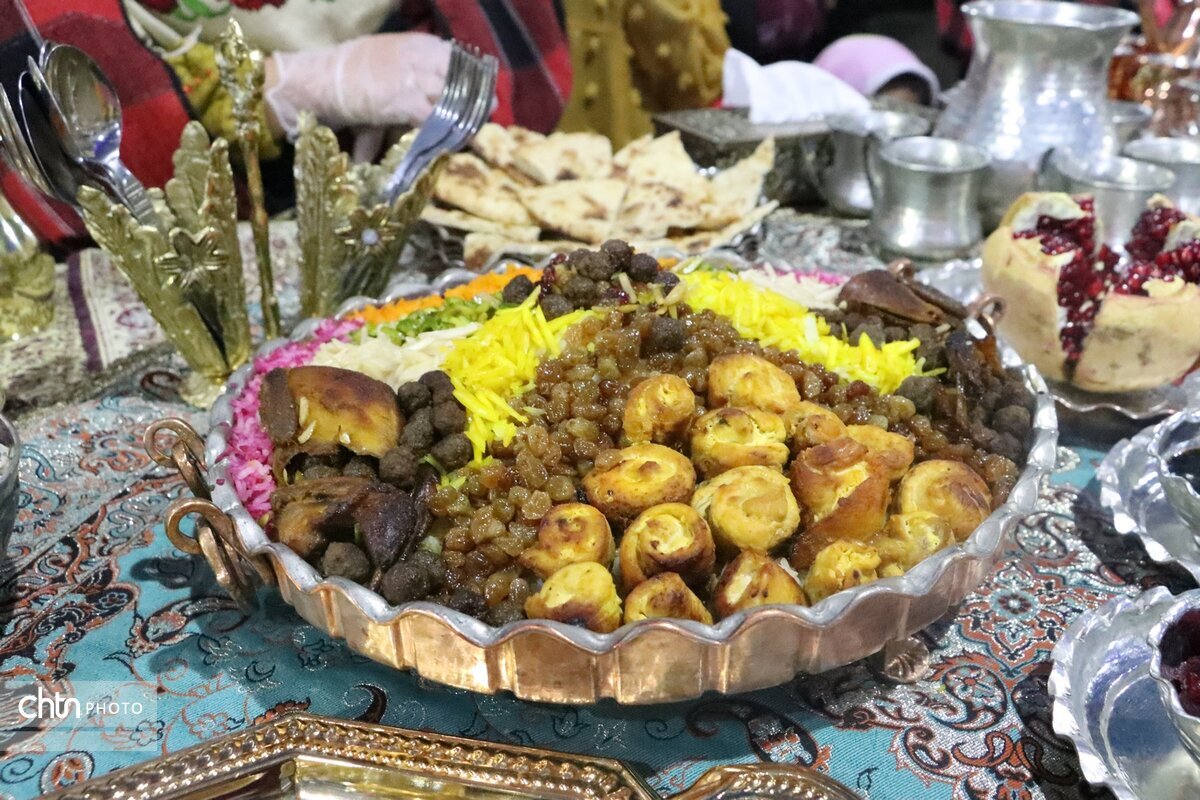Semnan hosting festival of Silk Road traditions

TEHRAN – The ancient city of Semnan is playing host to a cultural heritage festival dedicated to Silk Road traditions.
Speaking at a press conference on Tuesday, Semnan’s tourism chief announced the launch of the Taska festival as part of Semnan’s programs to mark being a member of the International Tourism Alliance of Silk Road Cities.
“The festival is in line with the selection of Semnan as Iran's representative in the International Tourism Alliance of Silk Road Cities.”
“Taska is a type of traditional container used in Semnan, and by organizing this festival and selecting this name, we aim to highlight the local culture of Semnan, local foods, and tourism and cultural heritage potentials.”
The official said various programs have been devised in this regard, one of which is the Taska tourism festival.
She considered Semnan’s bread-baking traditions and culinary skills as one of the focal points of the festival, adding the event includes an exhibition of artworks by local artists as well.
The event includes programs such as traditional music performances, art performances, handicraft exhibitions, local foods, and award ceremonies for the winners.
The three-day festival will come to an end on May 11, she said.
“We seek to benefit from Semnan's membership in the "International Union of Tourism Cities along the Silk Road," attended by over 20 countries worldwide, as this presence is a very rare occurrence and can have a significant impact on the economic, tourism, cultural, and overall development of Semnan province.”
The ancient Silk Road has existed for thousands of years, passing through empires, kingdoms, reigns, and societies throughout history. At certain times in its long history, traders could travel freely along these routes, whereas at others, travel was difficult or dangerous.
There are over 40 countries today alongside the historic Land and Maritime Silk Road, all still bearing witness to the impact of these routes on their culture, traditions, and customs. Travelers along the Silk Road were fascinated not only by trade but also by the intellectual and cultural exchange that was taking place in cities along the route, many of which developed into hubs of culture and learning. Science, arts, and literature, as well as crafts and technologies, were thus shared and disseminated into societies along the lengths of these routes, and in this way, languages, religions, and cultures developed and influenced each other.
According to UNESCO, the Silk Road enriched the countries it passed through, transporting cultures, religions, languages, and of course material goods into societies across Europe, Asia, and Africa, and uniting them all with a common thread of cultural heritage and plural identities.
AM
Leave a Comment